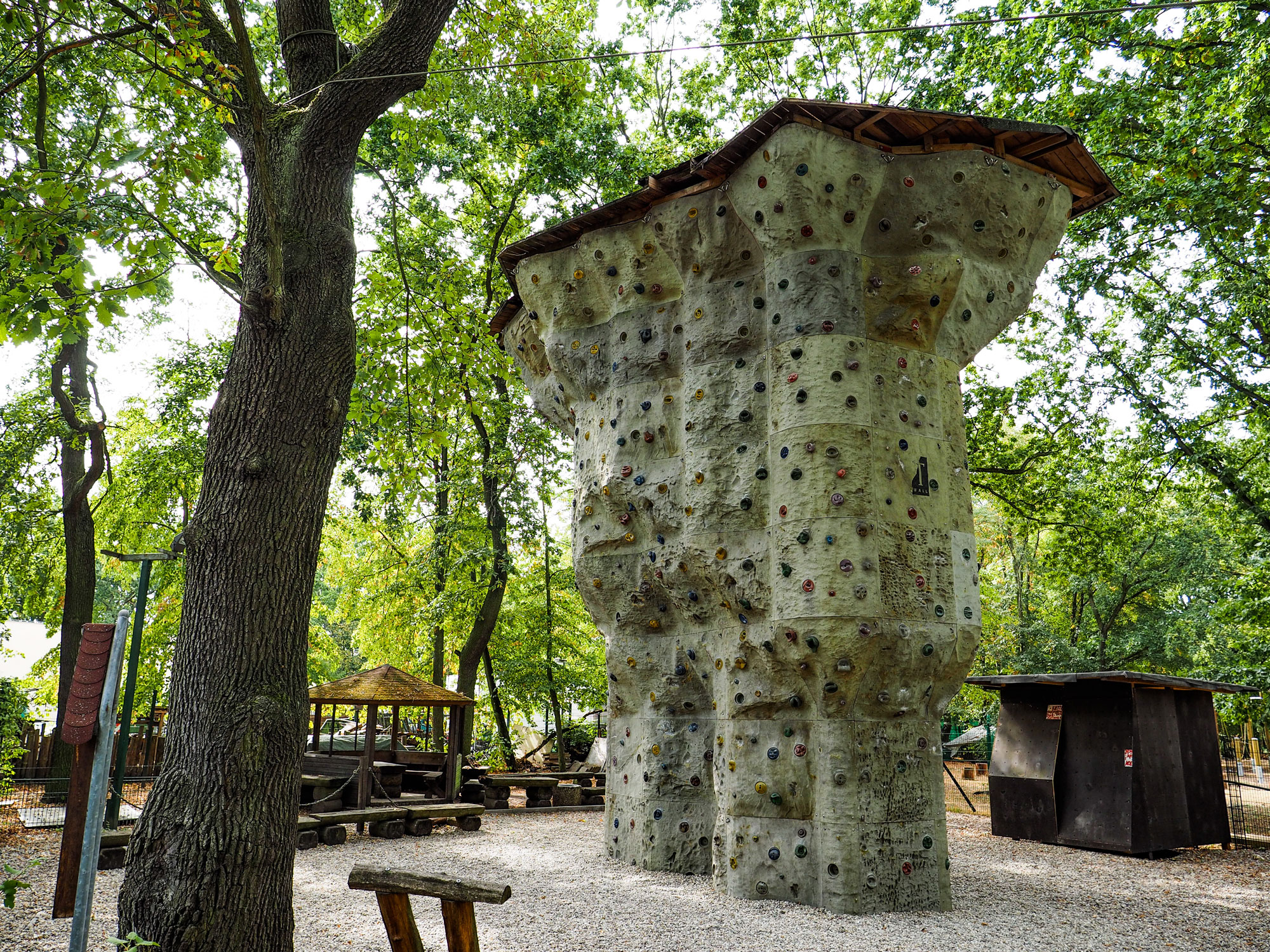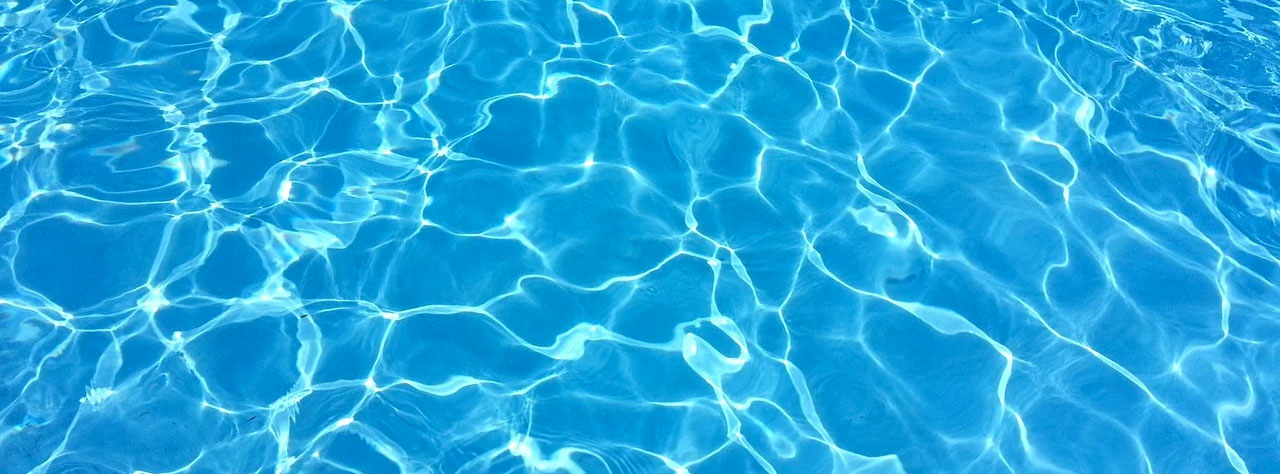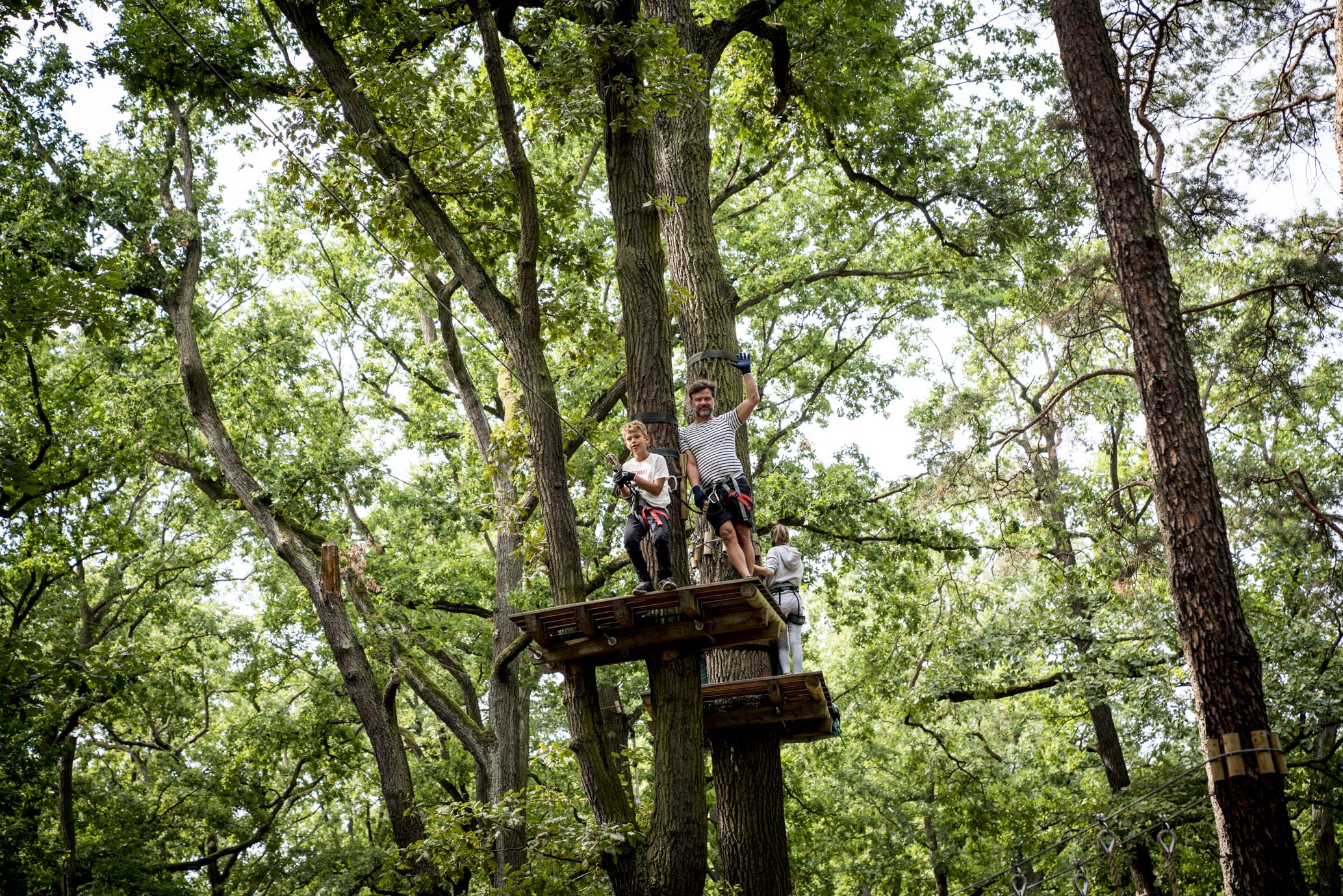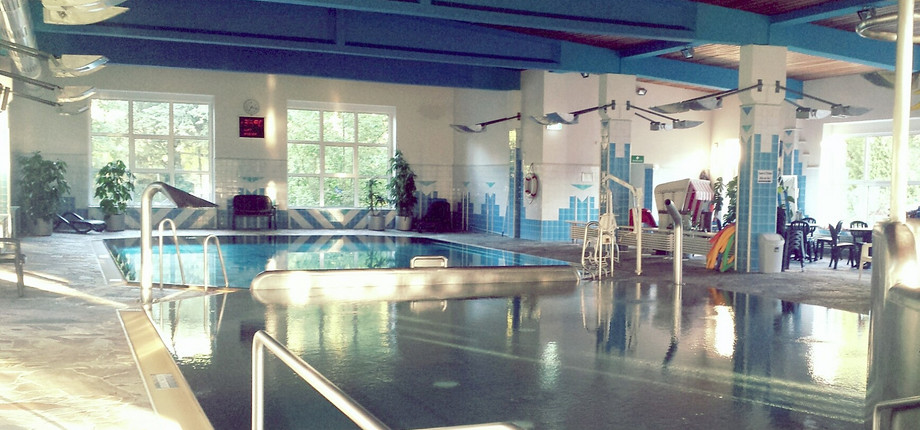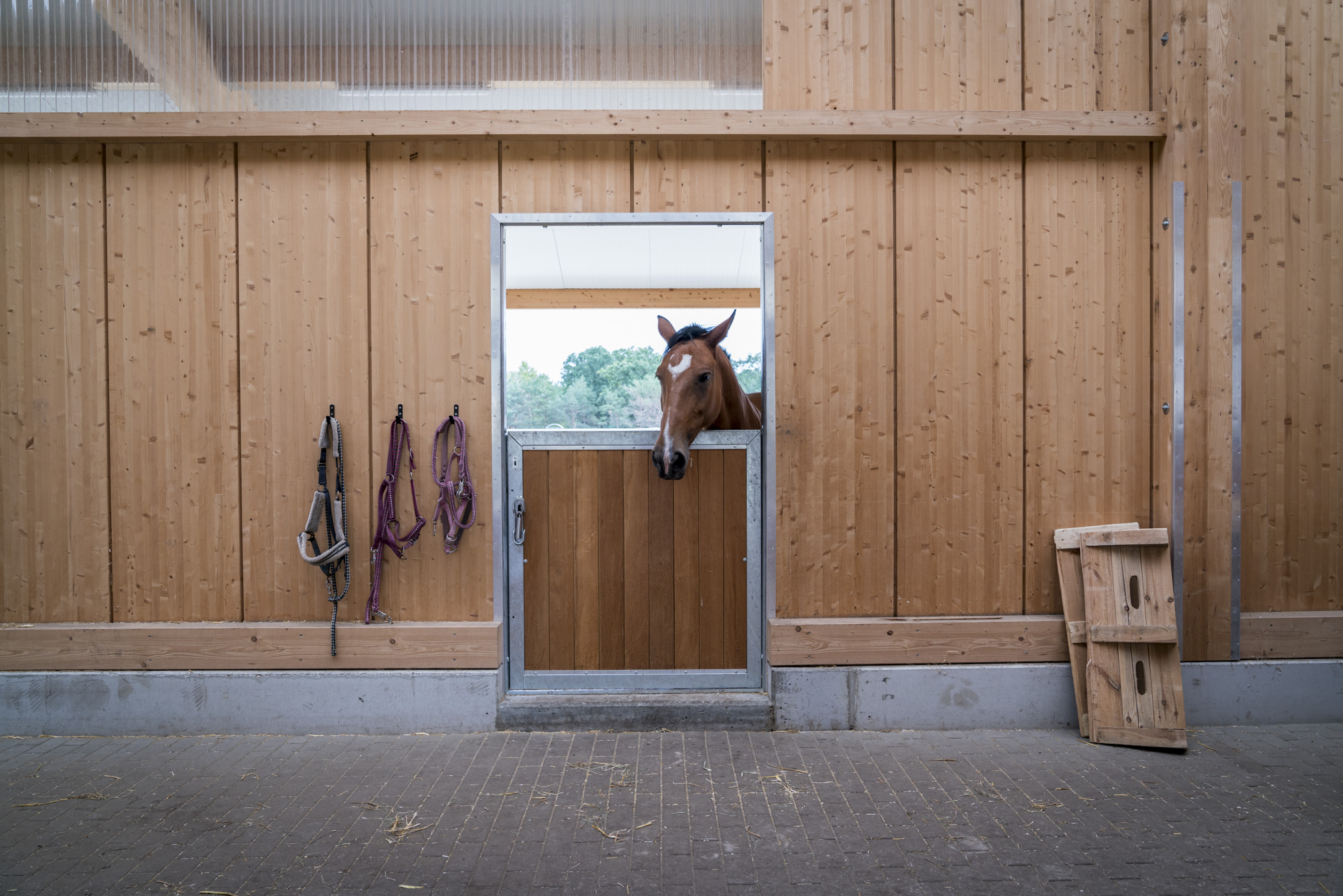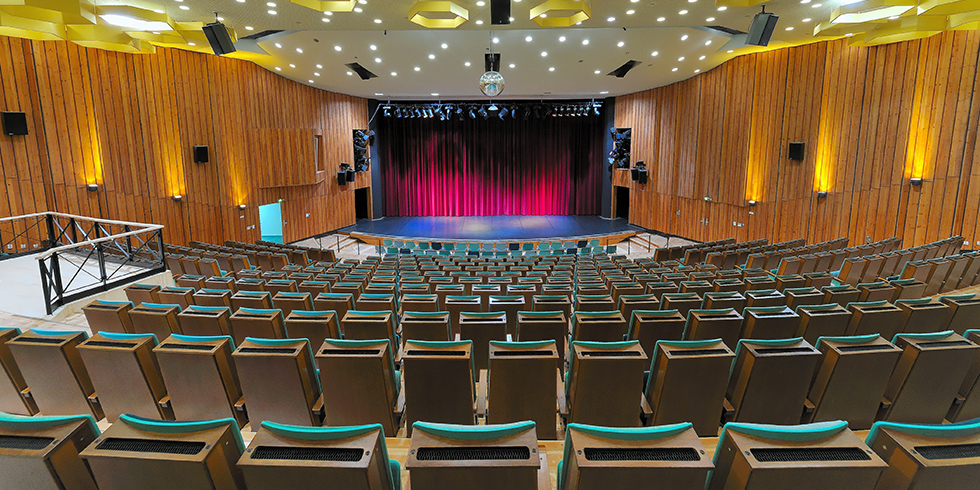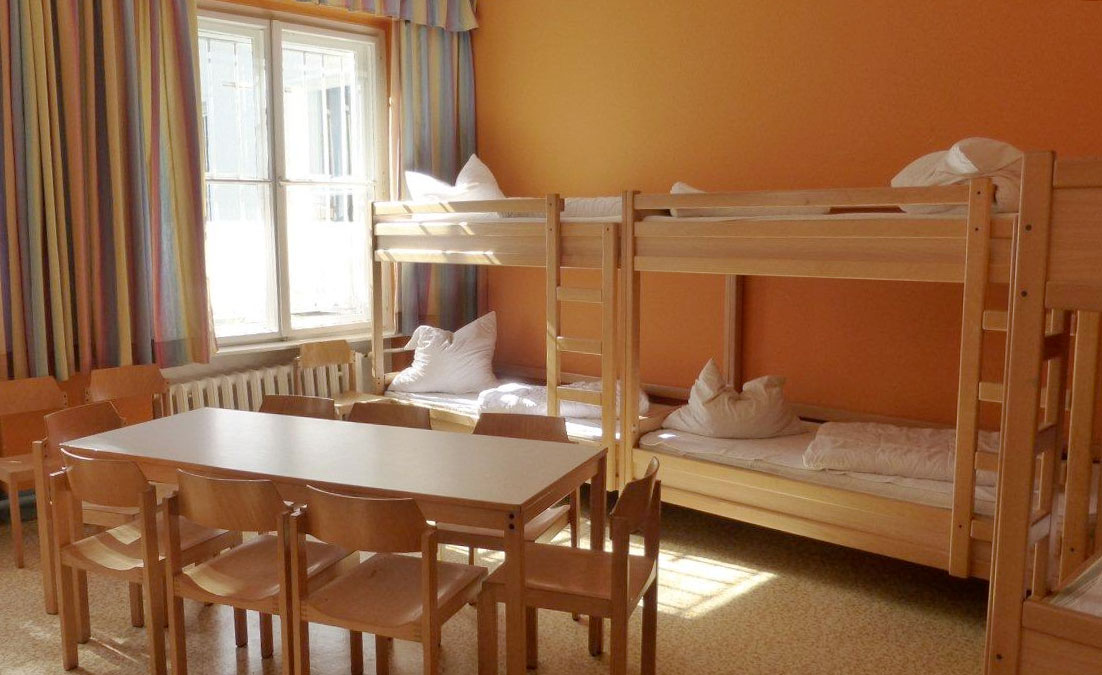The offer of the Sport Youth Club (SJC) Arena Wuhlheide is aimed at children and young people from the district of Treptow-Köpenick. All those who want to spend their free time with others rather than alone are welcome. In addition to general leisure activities such as billiards, table kickers, snooker, table tennis, darts as well as board games and parlour games, the SJC Arena offers mainly sports activities.
The program includes water sports, beach volleyball, boxing gymnastics, golf, climbing or bouldering, slackline, dancing and tennis. There is a modern fitness room in which the young visitors can train independently and without supervision after an introduction by the trainers. However, the minimum age here is 14 years. In addition, the SJC Arena is also involved in health sport. With moderate and targeted training, nutritional advice and a consistent strengthening of self-confidence, it conveys prevention and regulation strategies against overweight and obesity among adolescents.
Some of the offers are subject to a fee, but within a reasonable limit. A current price list can be found on the SJC website here.
With its adventure garden, the SJC Arena invites youth groups and school classes to team building days and other daily activities in the Wuhlheide. Interesting experiences and having fun together are included here. There is a trampoline, a zigzag course over the Arena Moorland, a sound garden, a more than 50 m long barefoot path (Barfußpfad) and two trust drop towers (Vertrauens-Falltürme).
Events
During the school holidays, different events are available every day – from holiday brunch to cinema days, museum visits and barbecues to sporting activities. A Christmas Party in December concludes the series of events for the year. Costs vary depending on the event offered and some activities are free of charge. Please refer to SJC Arena’s website for more information. Arena
History
The Sports Youth Club (SJC) Arena Wuhlheide is a project of the Society for Sport and Youth Social Work gGmbH (Gesellschaft für Sport und Jugendsozialarbeit gGmbH), a sponsoring organisation of the Association for Sport and Youth Social Work e.V. (Verein für Sport und Jugendsozialarbeit e.V.), and is supported by the Senate Administration for Education, Youth and Family. As a regional youth centre, it enriches the youth work of the district and its services are aimed at young people in the southeast of Berlin. It focuses on sports-oriented youth social work and social training, which in a broader context are part of the prevention and resource promotion in the youth, health and sports sector.
In order to fulfil its mission, the SJC Arena brings together various social forces and actors in the district of Treptow-Köpenick. It also cultivates an intellectual and practical culture of welcome for refugees in its sphere of influence and actors, which is supported by employees and visitors alike.
The SJC Arena has been located in the premises of the former “Sporthaus Wuhlheide” since 1993. After a thorough renovation of the building, it was reopened on 8.3.1995.

